The Long and Winding Road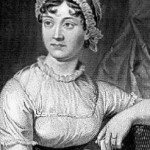
It’s so easy to forget – or for some, they never really knew – the long and winding road authors have traveled with regard to power over their work. It’s been up then down; down then up; and many stages in between.
Starting with the Great Tradition – as F. R. (Frank) Levis referred to that era – we see a time when power to a great measure resided with authors. The literary giants of the nineteenth century enjoyed an almost immediate communication with their literate public. (Think of Jane Austen, the Bronte Sisters, George Eliot, Henry James, and so on.)
No Delay; No Pause
These authors experienced little or no “editorial guidance” (or editorial interference for that matter), no literary agents to impose a third point of view, no technical delays, no editorial committee meetings, and no pause for publicity and promotion.
During that era a new book could be on sale within six or eight weeks from the submission of the manuscript and the acceptance. This is the point at which the author’s belief and interest in the book is at her/his keenest.
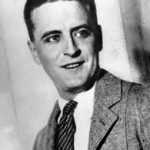 Author-Editor Honeymoon
Author-Editor Honeymoon
In the early part of the twentieth century we recall the wonderful, almost-honeymoon days of close intimate friendly editor-author relationships. A great example of this would be that of F. Scott Fitzgerald and his editor, Maxwell Perkins. No author who ever read the letters between these two men, could help but be a wee bit jealous (or even insanely jealous) of being groomed and cared for by such an editor. Perkins’ writers had a great degree of power over their work, but were guided by this editor’s firm and stern guidance. The same was true for most all publishing houses during these years.
Competitive Challengers
The printed word met two strong competitive challengers in the first half of the twentieth century. First movies, then television, served to weaken the  impact of the written page. Literacy spread, but the literate became more passive – and somewhat apathetic – as the colored images passed before their eyes.
impact of the written page. Literacy spread, but the literate became more passive – and somewhat apathetic – as the colored images passed before their eyes.
It was as though a sort of panic set in driving authors to grow coarser. Sex and violence, in ever more explicit terms, replaced subtlety. Novice novelists pinned their faith to the fast start, the jump-cut, and the cliché dialogue which was immediately familiar to a generation accustomed to advertising jingles.
Sometimes the formula was successful; sometimes not. But regardless, the numbers of would-be authors increased, publishing costs rose, and now publisher themselves became much more difficult to please.
Diminishing Author Power
 As publishers’ power grew, and the power of authors diminished, publishers found they could make certain demands. For instance, they began to require query letters rather than full manuscripts. As if that were not enough, they then prohibited multiple query letters; forcing authors to submit one query letter to one publisher at a time. (Which ultimately translated into months of wasted time.)
As publishers’ power grew, and the power of authors diminished, publishers found they could make certain demands. For instance, they began to require query letters rather than full manuscripts. As if that were not enough, they then prohibited multiple query letters; forcing authors to submit one query letter to one publisher at a time. (Which ultimately translated into months of wasted time.)
Let’s assume the novelist was successful and made a sale. They are made to feel at the mercy of the publishing house editors, who had the last say on most of the edits and the publishing house artists had the last say on the cover art. Add to that the fact that the book was published under the name of that particular house – and many authors had no clue even what rights (if any) they held.
Next came the media invasion. Will there be a movie offer? What about TV appearances? Could it become a book club choice? Talk shows, radio spots,  interviews, reviews? The list droned on and on. The goal seemed to be to magnify and glorify the author. By now the content and merits of the book have been obscured or forgotten.
interviews, reviews? The list droned on and on. The goal seemed to be to magnify and glorify the author. By now the content and merits of the book have been obscured or forgotten.
Those authors of a more reserved, quiet nature, who love sitting at home writing a book, felt as though they were drowning in a morass of the media mud pit.
In Publisher-Author Power Struggle – Part II we’ll continue our journey in this intense and emotional power struggle. Stay tuned!
It’s Finally Here!
Flower in the Hills is now in paperback
Books in this Collection are Clean Teen Reads
Clean Teen Reads = Parents can trust them; teens can trust them!


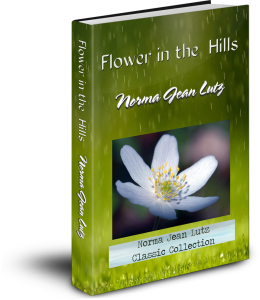

 magazine circuit, I continually dreamed of writing and publishing my first novel. It never occurred to me that just because I was writing nonfiction at the time, that that in any way hampered my fiction writing abilities.
magazine circuit, I continually dreamed of writing and publishing my first novel. It never occurred to me that just because I was writing nonfiction at the time, that that in any way hampered my fiction writing abilities.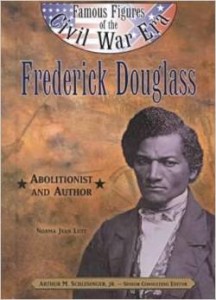
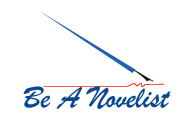 Summing Up
Summing Up